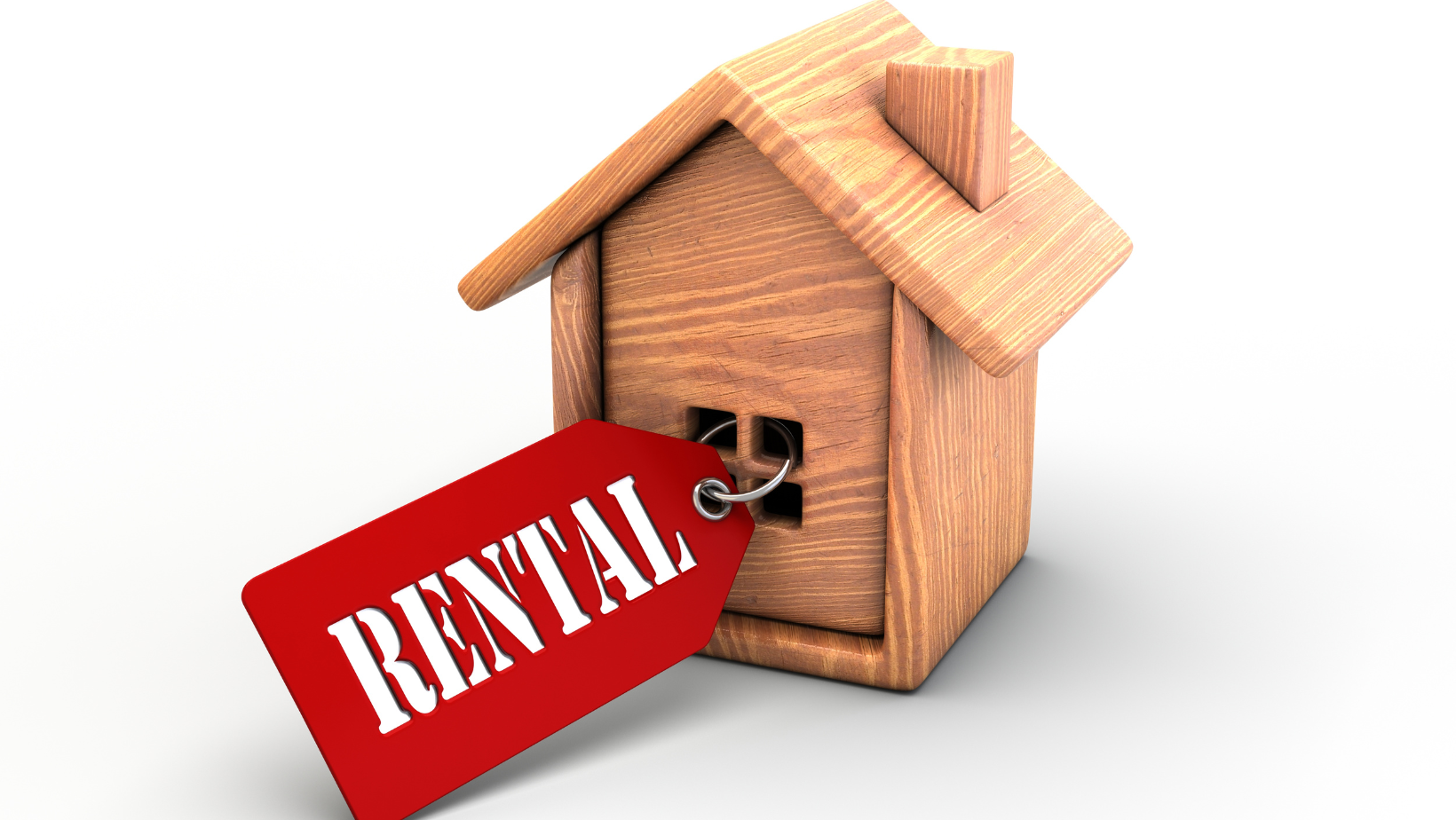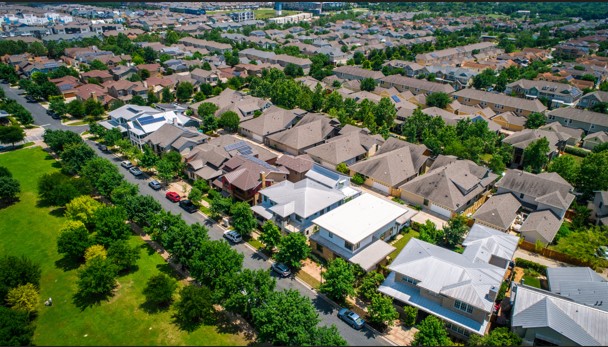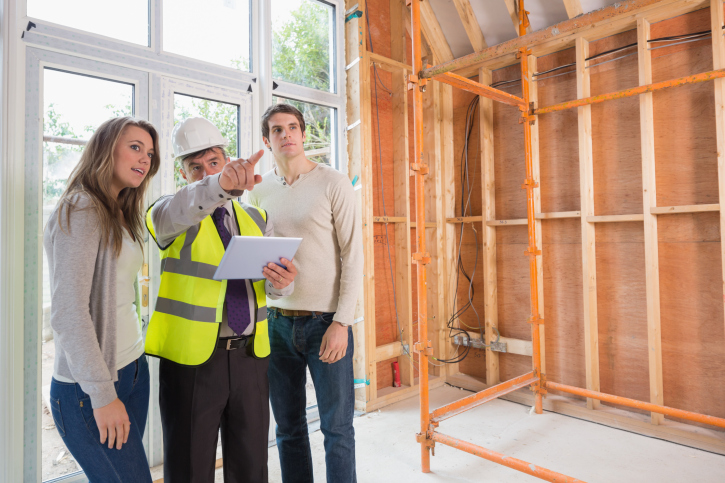 Rules and covenants of a homeowners association can be a bit overwhelming, especially for a first time homeowner. Understanding that the regulations are designed to protect the value of your home helps make some restrictions easier to live with.
Rules and covenants of a homeowners association can be a bit overwhelming, especially for a first time homeowner. Understanding that the regulations are designed to protect the value of your home helps make some restrictions easier to live with.
Homeowners Association CC&Rs, which stands for “covenants, conditions and restrictions,” can be intimidating. But, with the growing number of communities and subdivisions that have existing HOAs, it’s important to know what you’re getting into before you buy a home.
Associations Come In All Forms
An association’s goal is to maintain the ambience of the community and assure that home values are upheld. Associations are typically responsible for the maintenance and upkeep of common areas, including streets and green spaces, playgrounds and community pools, if they exist.
Some associations, often in retirement communities, include front yard upkeep; Condominium associations commonly include exterior building maintenance as well.
Homeowners Association CC&Rs may be quite restrictive, requiring vehicles to be garaged or disallowing privacy fences, for instance. Alternatively, they may be loosely organized and act primarily as social organizations designed to foster the sense of community and promote safety for resident families.
Only occasionally is HOA membership offered on a voluntary basis; in those cases, the HOA is apt to be a group with little power.
CCRs Are A Legal Obligation
Subdivisions with functioning homeowners associations must supply prospective buyers with a copy of current CC&Rs prior to closing. If you plan to buy a home that has an existing association, it is important to familiarize yourself with the rules and regulations prior to agreeing to abide by them. Read them thoroughly and understand them completely, because they constitute a legal obligation for compliance as well as for payment of dues and special assessments.
Legal Requirements Of An HOA
Whether the dues are a lot or a little, and whether the association’s affairs are professionally managed or not, the majority of associations are governed and controlled by a volunteer board and elected officers who volunteer their time for the benefit of the community. If you choose to become involved in governance, you might have a great influence over the way rights and responsibilities are defined in your neighborhood.
However, don’t count on being able to make changes to your own property easily if there are clauses in the HOA CC&Rs that initially rub you the wrong way. In some cases, owners require association approval prior to making any changes to the property, whether that be planting a new tree, adding a skylight or changing the color of the front door.
As you consider making an offer on a home, it’s important to decide whether or not you object to any of the existing regulations. If you feel that the regulations will negatively impact your livability in your new home, it might be better option to look for another house. It can be difficult to be at odds with your HOA and can cause significant ongoing stress. Withholding dues or flaunting existing regulations can have unpleasant legal consequences, even resulting in a lien against your property.
Talk to your trusted real estate professional about any concerns you have about HOAs and what you are looking for in a neighborhood. Your agent can help you navigate the area and offer information about individual neighborhoods to make sure that you find just the right home for you.
 Mortgage lenders weigh the risk of getting their principal and interest paid back by looking at the qualities of the prospective borrower. And due to the amount of money being requested and lent to purchase homes, those requirements can become daunting. Working with a trusted and qualified mortgage professional makes this sometimes confusing process a little clearer.
Mortgage lenders weigh the risk of getting their principal and interest paid back by looking at the qualities of the prospective borrower. And due to the amount of money being requested and lent to purchase homes, those requirements can become daunting. Working with a trusted and qualified mortgage professional makes this sometimes confusing process a little clearer. If you are interested in purchasing a rental property, you might want a short-term rental that you can use as a vacation home. This can be a great way to generate some additional income, and you might be able to make thousands of dollars every week if you purchase a property in the right location. On the other hand, there are several important factors you need to consider before you purchase a rental property.
If you are interested in purchasing a rental property, you might want a short-term rental that you can use as a vacation home. This can be a great way to generate some additional income, and you might be able to make thousands of dollars every week if you purchase a property in the right location. On the other hand, there are several important factors you need to consider before you purchase a rental property.  If you are in the process of buying a new home, you know that there are a lot of moving parts involved. You need to know everything you can about a potential house before you decide to purchase it, and that includes the property lines. What do you need to know about property lines, and why are they so important?
If you are in the process of buying a new home, you know that there are a lot of moving parts involved. You need to know everything you can about a potential house before you decide to purchase it, and that includes the property lines. What do you need to know about property lines, and why are they so important?
 If you are thinking about building your own home, you might be wondering how construction loans work. There are plenty of options available, but one of the most popular choices is a single-close construction loan. This type of loan allows you to close on not only the construction expenses but also your financing costs at the same time. Essentially, a single-close construction loan will convert into your mortgage after the construction on your home is finished. What are some of the top benefits of this type of loan?
If you are thinking about building your own home, you might be wondering how construction loans work. There are plenty of options available, but one of the most popular choices is a single-close construction loan. This type of loan allows you to close on not only the construction expenses but also your financing costs at the same time. Essentially, a single-close construction loan will convert into your mortgage after the construction on your home is finished. What are some of the top benefits of this type of loan?